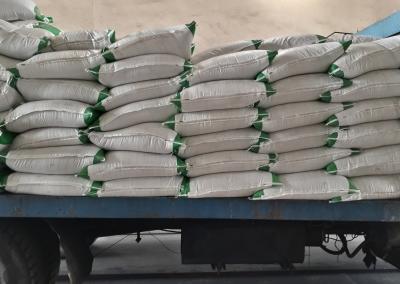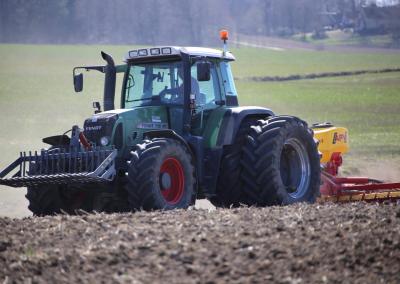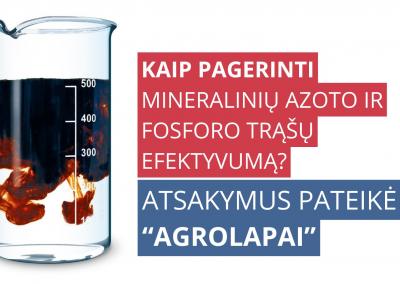Copa-Cogeca raises concerns about weed management in the cereals sector
The letter expresses concern about weed management problems in the EU cereals sector and asks for these problems to be taken into account in policy issues to ensure the sustainability of the sector and the future efficiency of cereal production.The associations representing the EU cereals sector express their concern about the potential risks of technical weeds and the negative impact on EU cereal production.
The EU is one of the world's largest agricultural producers, producing around 270 million tonnes of cereals each year, which represents around 10% of total world cereal production. In addition, the EU is the world's second largest exporter of wheat, exporting around 47 million tonnes of grain annually, contributing to global food supply and geopolitical stability.
Although the EU cereals sector remains very important, the last 20 years have seen stagnation in cereal production and declining yields. Weed management, together with other factors such as climatic conditions, pests and soil quality, has a major impact on cereal production. Uncontrolled weeds can reduce yields by up to 50%, affect grain quality and raise concerns about food security.The high weed threat can result in grain grown for food being suitable only for feed or bioenergy. Weeds can not only reduce yields but also affect market prices. Some weeds, such as dicots, also pose a risk due to dangerous toxins such as alkaloids. Although contaminated grain can be cleaned, the process is expensive and will still affect the quality of the grain.
Weed control is therefore a high priority for EU cereal producers. Farmers use a variety of measures such as sustainable farming practices, mechanical weeding and the use of plant protection products (PPPs). In addition, the use of long-term crop rotations, adjusted sowing dates to reduce weeds and reduced reliance on conventional crop protection products are becoming more common.
Although integrated weed management approaches have enabled farmers to manage weeds more effectively and reduce the use of plant protection products, their choice is still limited. It is therefore essential to ensure that existing plant protection products and their active ingredients are not banned until safe, effective and economically sustainable alternatives are developed.
To avoid a weed management crisis and to ensure the sustainability of the EU cereals sector, it is essential to continue to support existing active substances and to promote innovation and alternatives to ensure that weed control remains effective and cost-effective.















































































































